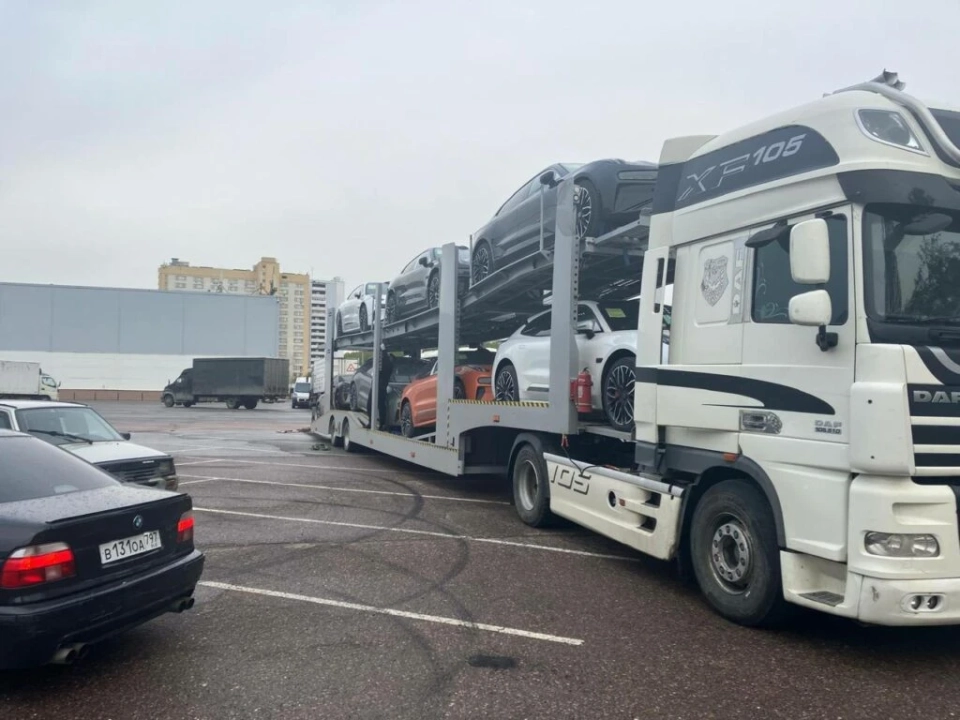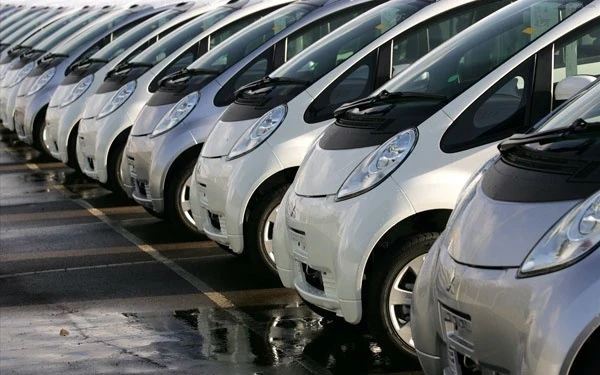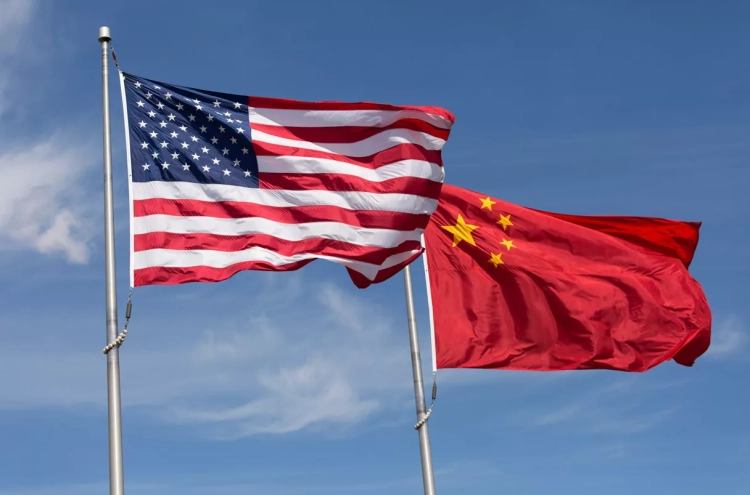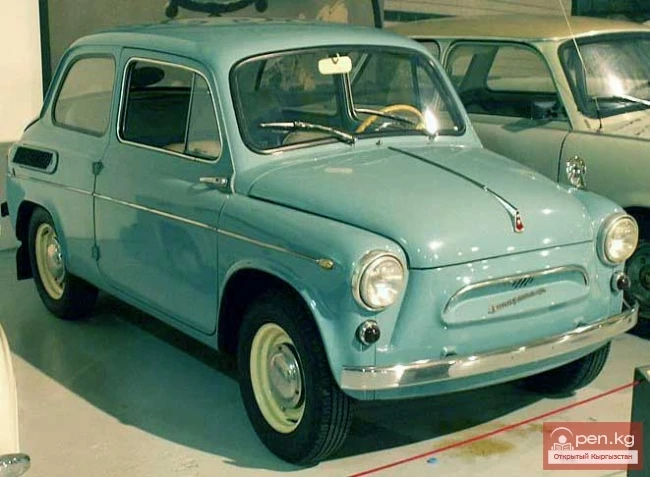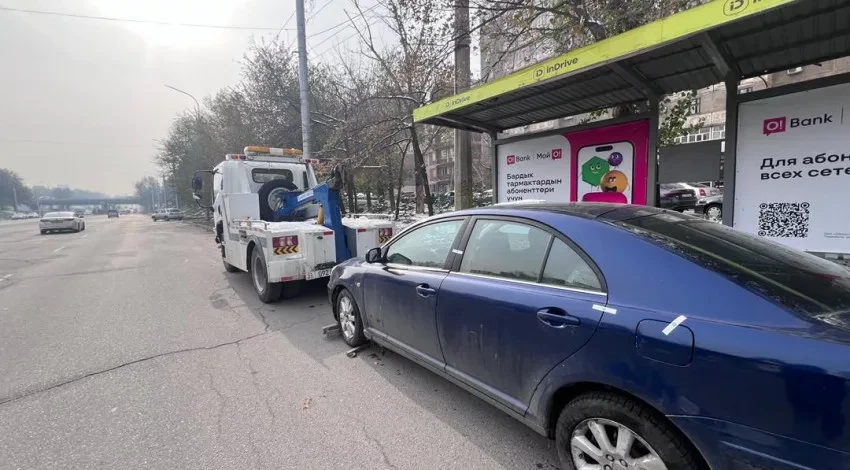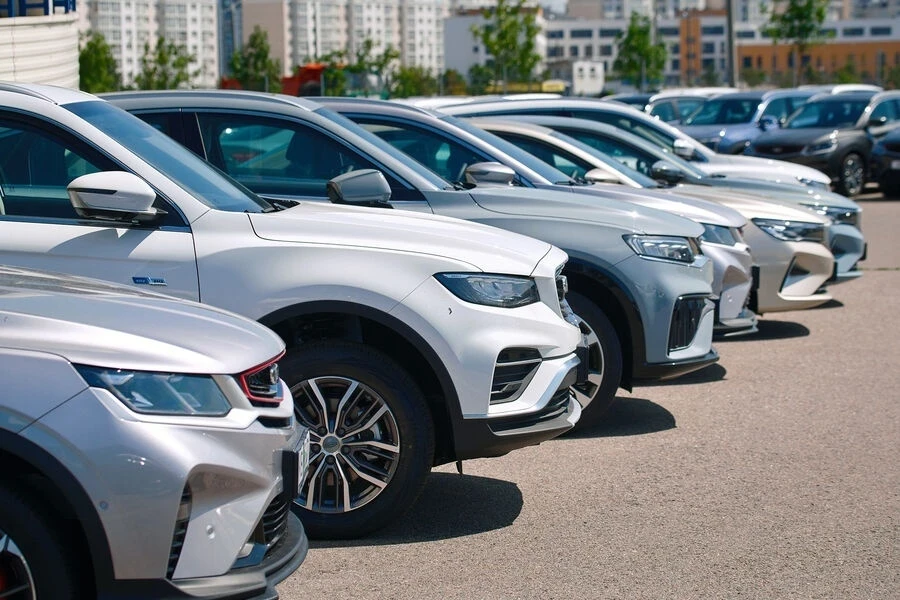
Starting January 1, 2026, China will introduce new rules regarding the export of cars. These restrictions will affect new vehicles that may be exported under the guise of used ones. According to experts and importers, this will lead to an increase in prices for such cars in the Russian market, as well as extended delivery times to the country. More detailed information can be found in the article by "Izvestia".
New Conditions for Exporters
The Ministry of Commerce of China, together with the Minister of Industry and the General Administration of Customs, has announced the introduction of additional rules for car exports. According to the official document published on the Ministry's website, for exporting cars registered less than 180 days ago, the exporter must provide a letter from the manufacturer indicating the destination country and the presence of service centers in that country. Without this document, the export license will not be issued. These measures are being taken to improve the competitive environment in the automotive industry and to regulate the export of used cars, as stated in the document.
The issue of selling new cars as used ones was raised in the spring by the chairman of the board of directors of Great Wall Motors, Wei Jianjun, in an interview. He reported that there are many sellers in China who deal in cars with virtually zero mileage, yet they are listed as used. According to data from the China Automobile Dealers Association, the share of cars with a registration date of less than three months and mileage of less than 50 km accounted for almost 13% of the local used car market last year.
Change in Export Scheme
The scheme where new cars were exported as used ones contributed to good sales in the domestic market, noted Maxim Kadakov, the editor-in-chief of "Za Rulem". Moreover, this practice allowed automakers to reclaim VAT. Some of these cars also made their way to Russia, he added.
- Typically, such supplies were carried out by small and medium-sized companies, as well as new importers who did not wish to disclose their supply schemes, Kadakov told "Izvestia".
According to Nikita Kolesnikov, a representative of the Japanese export company HSS in Russia, the zero mileage scheme allowed small and medium exporters to quickly fill markets, while manufacturers unofficially sold off excess stock from the domestic market, enabling them to inflate their sales figures in China.
- Now China is abolishing this scheme, as its disadvantages have begun to outweigh the benefits. The main reason is the protection of global brands. Selling non-adapted cars without a warranty in another country negatively affects the brand's reputation in the long term, Kolesnikov noted.
The tightening of export controls by Chinese authorities is also part of a policy aimed at "quality" growth, which focuses not on volume but on sustainable development. This is a signal to the world that China is reaching a new level of maturity in automotive exports, emphasized Nikita Kolesnikov.
